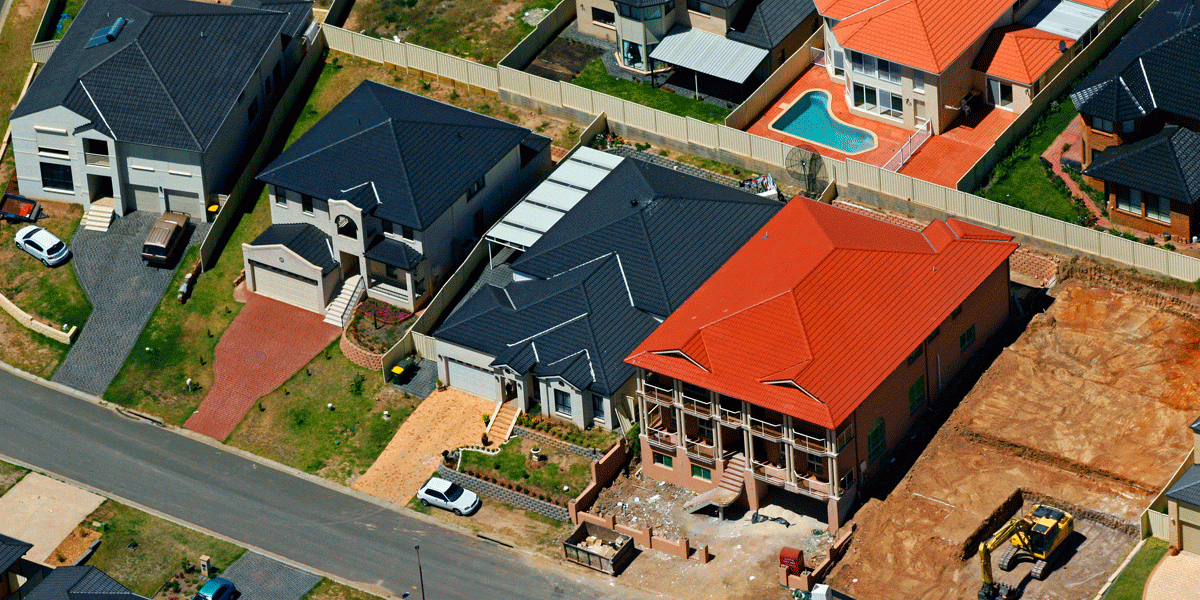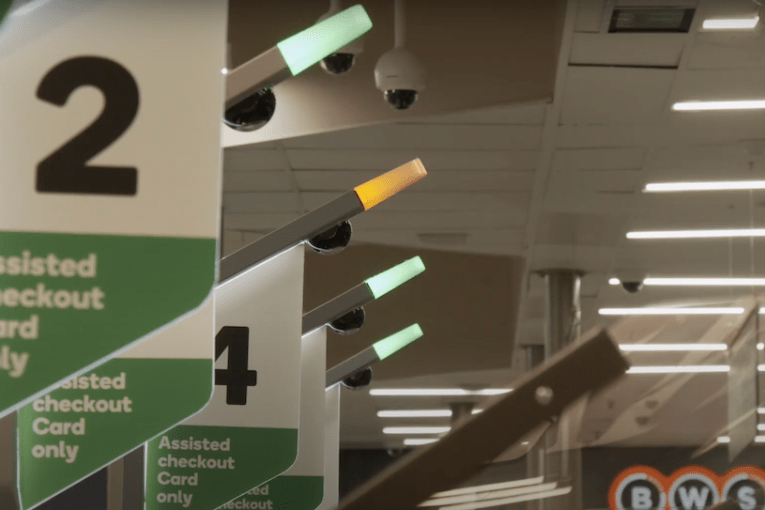Cautious RBA leaves cash rate unchanged for 30th month


Interest rates have stayed the same ... again. Photo: Getty
The Reserve Bank has again kept the official cash rate at a record low of 1.5 per cent, a move widely anticipated by economists.
The decision at Tuesday’s February board meeting means the cash rate has not moved in 30 months.
The rate, which reflects what the central bank charges commercial banks on overnight loans and influences all other interest rates, was last cut in August 2016 and hasn’t been hiked since November 2010.
In a statement released after its meeting, the RBA said maintaining an unchanged monetary policy would be better for sustainable economic growth and achieving its inflation targets over time.
“The low level of interest rates is continuing to support the Australian economy,” it said.
“Further progress in reducing unemployment and having inflation return to target is expected, although this progress is likely to be gradual.”
The RBA also noted the fall house prices in Sydney and Melbourne, and an expected further decline in the unemployment rates.
Its move to maintain the cash rate at a record low also followed the release of data that showed retailers endured a gloomy December. Figures from the Australian Bureau of Statistics showed seasonally adjusted retail spending for the month was $27.01 billion, down 0.4 per cent from $27.12 billion in November,
Economists had forecast a 0.2 per cent December slump due to Australia’s recent embrace of popular American discount sales days such as Black Friday and Cyber Monday. They pushed November figures up by a revised 0.5 per cent.
The Aussie dollar took a dive on the news, falling from 72.14 US cents to 71.95 US cents by 11.43 AEDT.
Spending on household goods dropped 2.8 per cent and clothing and footwear fell 2.4 per cent after both enjoyed strong rises during the Black Friday promotions.
The decline in December was seen in all states apart from Western Australia, with ACT, Victoria and NSW leading the way.
BIS Oxford Economics analyst Sarah Hunter said the data confirmed the strength seen in consumer spending in the first half of 2018 had waned.
“Households are being forced to curb growth in spending as a result of weak income growth, and confidence appears to have taken a battering from heightened volatility in financial markets and falling house prices,” she said.








